ChatGPT Privacy: How Should You Share Your Information?
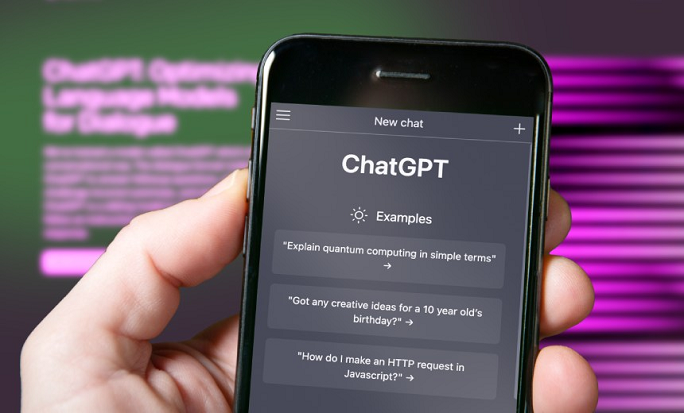
Privacy Is The Biggest Concern Of ChatGPT Users
Most users already have a general understanding of the potential risks associated with data breaches and the utilization of our personal information on the internet.
However, ChatGPT’s abundance of capabilities seem to have fooled us into inputting sensitive data without minding the potential security hazards.
Being aware of this problem, new data protection law has been proposed by many countries which limits or even bans the large language model. The controversial question is no longer “Can ChatGPT do this or that?” but “What not to share with ChatGPT?”
In this blog post, we’ll chew over the biggest ChatGPT privacy concerns and what to avoid sharing with this AI chatbot to protect our personal information.
ChatGPT Privacy Issues
Despite the currently updated general data protection regulation, OpenAI has still posed some argumentative concerns related to privacy.
Storage Of Your Conversations To Train The AI Tool
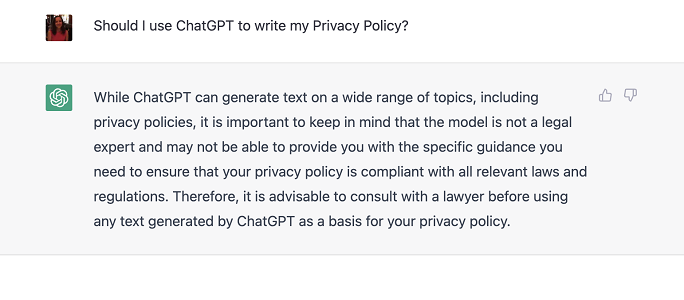
AI Detection Tools
Although unlikely, certain employees at OpenAI have the ability to access users' chat history. According to the ChatGPT FAQs page, OpenAI states that user data is stored on their systems and on trusted service providers' systems in the United States.
While OpenAI removes personally identifiable information from the content before it is de-identified, it still exists in its original form on their servers.
Authorized personnel at OpenAI have authorized data usage of user content and control over their data for specific reasons, one of which is to fine-tune their models unless users choose to opt out.
If ChatGPT users do not opt out, their conversations are utilized to train ChatGPT. OpenAI's data usage policy, which is spread across various articles on their website, mentions that they may use the provided data to enhance their models.
Age Controls
According to the General Data Protection Regulation (GDPR), it is considered illegal for companies to process the data of children under the age of 16 without parental consent, although member states have the option to lower this age requirement to 13.
OpenAI's terms of use state that users of ChatGPT must be at least 13 years old. In April, they implemented several changes, including the addition of a button specifically for users in Italy to verify their compliance with the age requirements.
Similar to many other platforms, enforcing age requirements can be challenging, and the data of young children can inadvertently be collected along the way.
Phone Number Registration
During the sign-up process for ChatGPT, it is necessary to supply a phone number and input a verification code that is sent to you. This step serves the purpose of verifying your human identity and aids in preventing the usage of the platform by spam bots.
However, phone numbers are also deemed sensitive information. This procedure also gives rise to concerns regarding the potential lack of anonymity for users.
Hackers & Third Parties
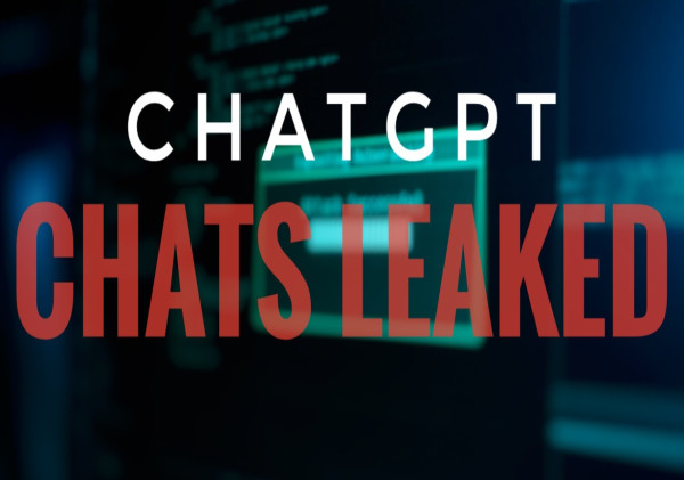
Hacker May Infiltrate Your Conversation
First and foremost, there is always a risk of external parties hacking into OpenAI's systems and gaining unauthorized access to user data, including personal information.
Like any third-party service, ChatGPT is not exempt from the potential exposure of data due to bugs and hackers.
In March 2023, a bug in ChatGPT was discovered, leading to the exposure of titles, the initial messages of new conversations, and payment information belonging to ChatGPT Plus users.
This incident highlighted the problematic nature of entrusting sensitive information to the platform, as there is a possibility of it being vulnerable to machine learning attacks.
Moreover, there is concern that this data may exist in plaintext within the system logs, leaving it potentially accessible to unauthorized individuals.
Apart from the risks faced by regular users sharing sensitive data, companies should also be mindful of prompt injection attacks.
These attacks can manipulate ChatGPT's behavior by altering or disregarding previously programmed instructions provided by developers during the tuning process.
What Not To Share With ChatGPT?
After the free trial of 30 days, you’ll find it too tempting to go for the premium version of ChatGPT. That means you need to provide the tool with more personal information before and during the subscription.
Though it’s sometimes inevitable to do so, keep in mind that there are some kinds of information you should never share with generative ai systems.
Billing And Account Information
OpenAI retains certain personal information such as your name, contact details, login credentials, payment information, and transaction records. However, transaction records are only stored if you choose to sign up for a premium account.
The collection of this information is standard and to be expected from most websites that require user accounts.
When you communicate with OpenAI via email or customer support, the company keeps a record of your name, email address, and the content of your message.
Similarly, if you leave a comment on OpenAI's social media pages, the company records your social media contact details and any personal information that you choose to share in the comment.
Device Information
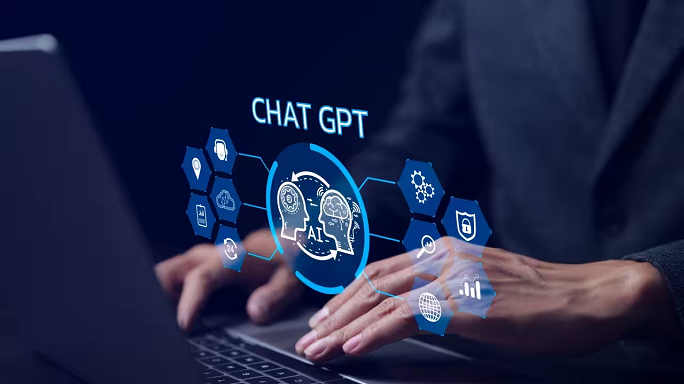
Your Device Information Includes The IP Address
When utilizing ChatGPT's service, certain personal information is automatically collected from your device and browser.
This information includes your IP address, location, browser type, the starting time and date of your ChatGPT session, the duration of your session, as well as your device's name and operating system.
OpenAI employs cookies to monitor your browsing activity within the chat window and on their website. They state that this information is utilized for analytics purposes, enabling them to gain insights into how users interact with ChatGPT.
Medical Information
One of the prevalent mistakes individuals often make is forgetting that ChatGPT is an AI language model and not an expert in any field.
Specifically, when it pertains to medication or treatments for illnesses, it is crucial to promptly consult a doctor rather than relying on ChatGPT for advice, as it lacks the expertise of a medical professional.
Medical advice and remedies are highly personalized, and it is essential to recognize that a single incorrect step can have serious consequences. Therefore, it is imperative to exercise caution and make informed decisions when it comes to your health.
Data Related To Your Work
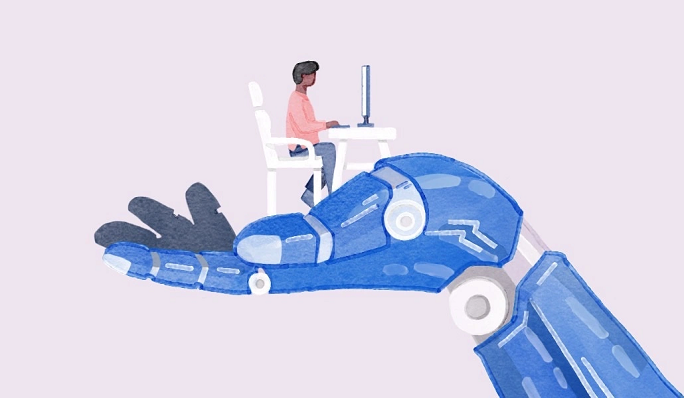
Be Mindful When Using ChatGPT At Work
You’ve probably seen a lot of praise for the ChatGPT business subscription, revolving around how it’s a potential productivity powerhouse, a tool that can give you back the time you might lose drafting emails, coming up with social media captions, and more.
Plenty of people are already using ChatGPT and similar AI bots to enhance their professional work.
But, be warned that Samsung employees used ChatGPT very briefly and inadvertently revealed trade secrets, leading to the chatbot being banned at the company.
Employees will now face disciplinary action if they fail to adhere to the new restrictions, and Samsung isn’t the only big company tightening the AI reins.
Apple has also banned employees from using ChatGPT, and big banks like Citigroup and JPMorgan have recently done the same.
We know the temptation is there, to just get something proofread quickly, have some code checked, and get someone else to write that long email while you balance all the other things you have to do in your workday.
But it’s important to remember that you’re not simply throwing that information out into the ether. You don’t want to be the person in the office that ‘pulls a Samsung’ and leaks company information - or worse, your personal data.
Bottom Line: You’re Accountable For Your Privacy
As more enhanced technologies go into our lives, the line between Chat GPT privacy and intrusion is getting blurred. There are always risks, no matter how much effort developers put into making their AI chatbots secure. That’s one of the reasons why AI should be regulated.
All in all, it is better to be safe than sorry. Whether you’re taking advantage of ChatGPT for boosting work productivity or in your daily life, consider this blog a friendly reminder. Don’t forget to think twice before sharing anything with ChatGPT.
